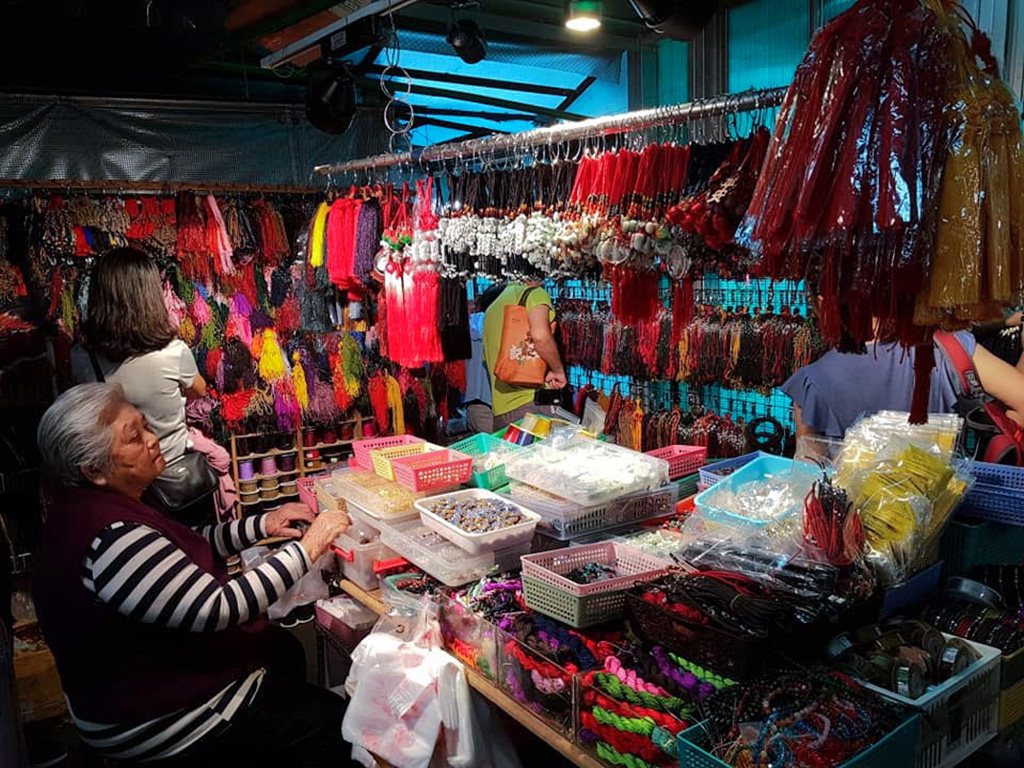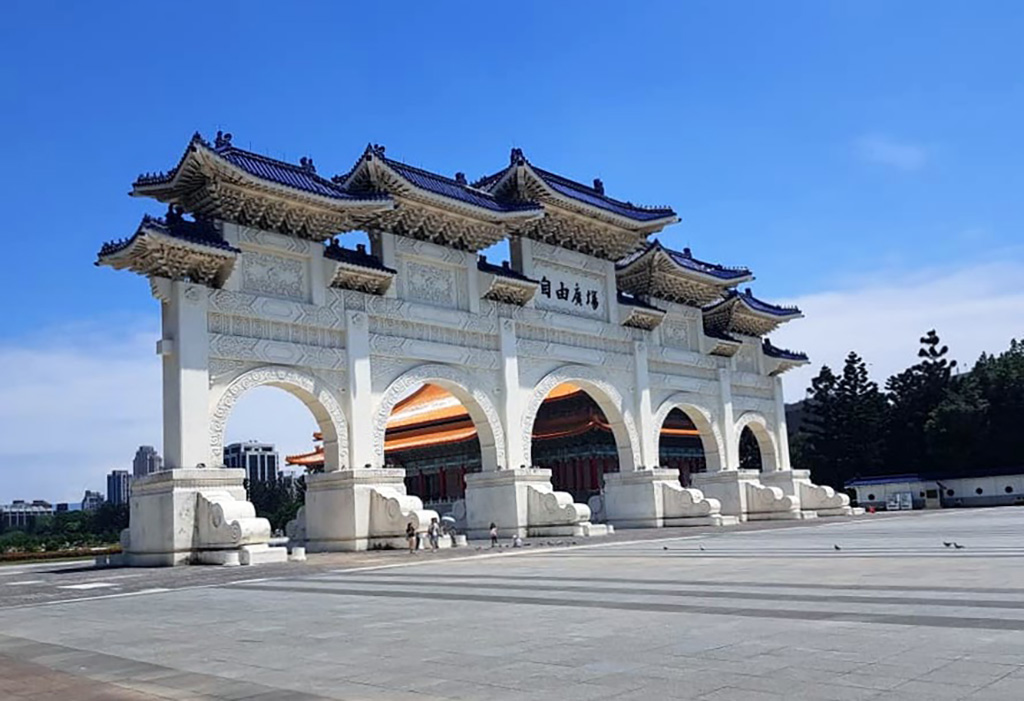
Earlier this year, we welcomed new teacher Gillian Wall to visit us in Taiwan. In this post, Gillian shares about her personal experience living and travelling abroad, comparing her experience and impressions of different places in Asia.
For those who have never travelled to Asia and want to teach abroad, you might be asking yourselves, “Which country would be the right fit for me? What will it be like? How will I manage in a non-English speaking country?” I hope to bring a little bit of insight to you in this brief comparison between a few countries in Asia and my home country of Canada.
To give you some background on my experiences, I was born and raised in Ontario, Canada and moved to South Korea (Ulsan) to teach English in their public school system in 2016. I returned to Canada in 2017 to get my teaching degree and during that two-year time, I returned to visit Asia during the winter, first to Korea (Seoul and Ulsan), then to Japan (Hiroshima, Miyajima Island, Osaka, Kyoto, Lake Yamanaka, Tokyo). Most recently, in June, I visited Taiwan with Foresight I.E.C as the winner of their Free Flight to Taipei Contest, and plan on moving to Taipei in August to work as a Foreign English Teacher for Foresight International Education Centre. I mention all this because I feel that I have gained some insights into living and visiting other countries and wish to share some of the things that I have learned along the way.
English Language Level

Coming from an English speaking country, it can be quite intimidating to make the move to a place where you don’t speak a word of the local language. When I moved to Korea there were definitely times when I struggled to communicate or gave up trying to do something out of frustration. I recall being in HomePlus (a popular grocery/home goods store in Korea) and the cashier trying to explain something to me about the food item I was trying to buy. Because it was so far above of my Korean language level, I ended up just taking the food item off the conveyor belt and not buying it, only later to find out that she was trying to tell me that the item was 1+1 (aka buy one get one free). That was not the first nor the last experience that I had like that in Korea, and although I learned a lot through these experiences, it also brought isolation in terms of whom I could talk to on a daily basis and the dependency that had formed between me and my co-teachers. I lived in Ulsan, in the northern part of the city which was surrounded by mountains and by far was the least foreigner-populated area of the city. This meant the English level was extremely limited and I needed to ask my co-teachers from the school I taught at to accompany me to places like the bank, the immigration office and the hospital. For me, as an independent person, I did not like having to depend on others in this manner, especially when it came to my finances and health. I would say as far as being English accommodating, Seoul has the most English speaking people and the most foreigners, but the problem is everyone wants to teach in Seoul, so the likelihood of getting a teaching position there is very low.
After visiting Taiwan in June, I would have to say out of the Asian countries that I have been to, Taiwan seemed to be the most English-friendly place. Even before I got on the plane in Toronto, I overheard an English teacher reassure a stranger during boarding that he didn’t even bother learning any Mandarin within the first 6 months of living in Taiwan because it was so English-friendly. Once I landed, I indeed notice that nearly every sign was translated into English and that Taiwanese people in general could communicate with me in English on a higher level than in Korea or Japan. So far in my experience, I would say for those who have never lived abroad, Taiwan would be a good place to start if you are worried about communication issues. This is not to say you will never rely on another person to help you with translation or there will never be any confusion, as you will be going to a country where English is not the first language. However, from my observations, it does seem like Taiwanese people are more willing to speak English or help foreigners if they sense there is a problem.
Cost of Living
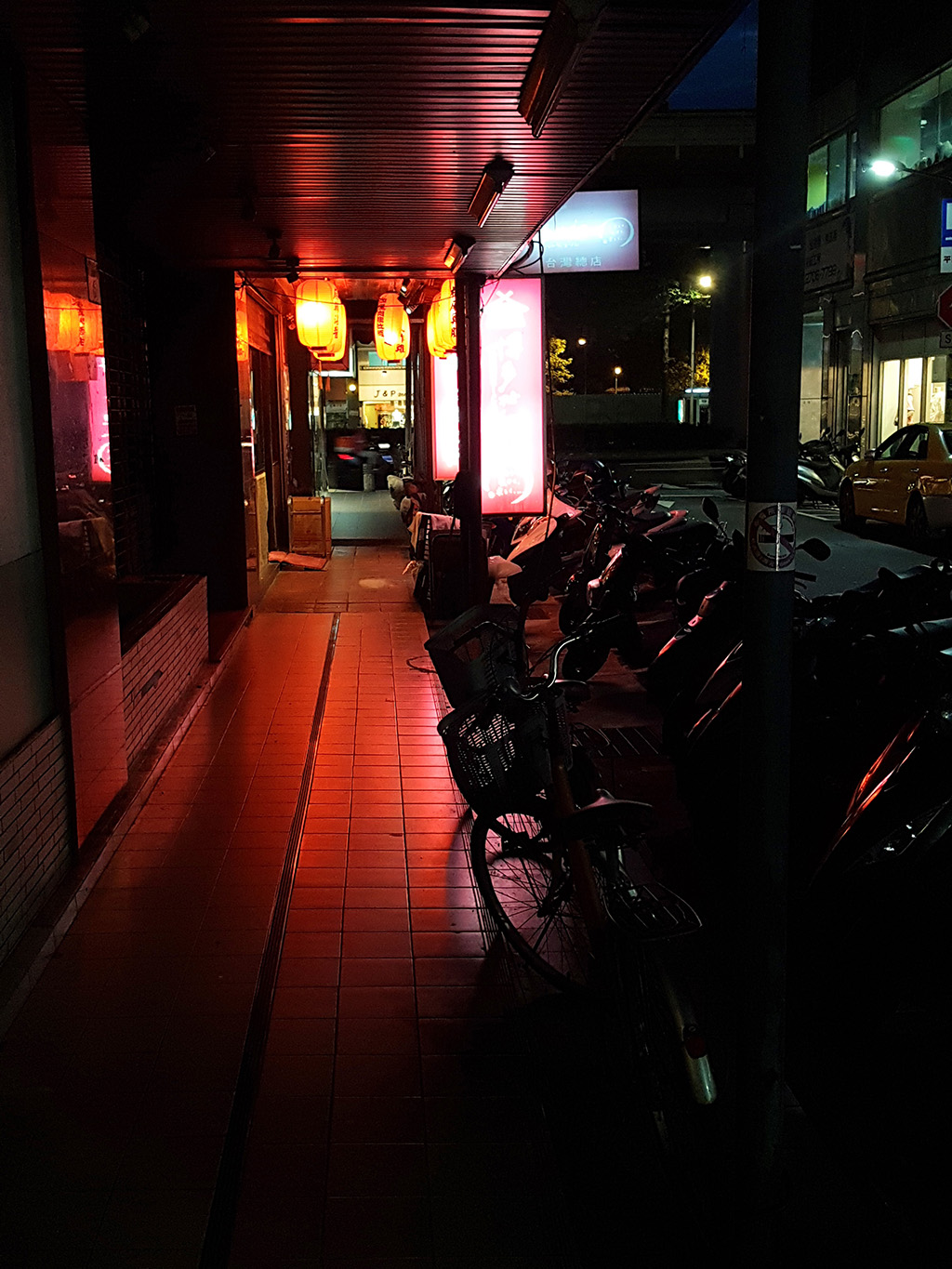
Living in Toronto, I am no stranger to spending a significant portion of my monthly income on essentials like rent and groceries, as Toronto is known for being one of the most expensive cities in Canada. So in 2016, when I moved to South Korea, I was ecstatic to learn that I would be able to live a lot more comfortably on my monthly income while saving money and travelling at the same time. According to Numbeo.com (as of July 2019), the below difference can be seen between Toronto, Canada and Ulsan, South Korea (where I lived).

source: www.numbeo.com/cost-of-living
I definitely felt that I was getting more for my money in South Korea than in Canada and could still enjoy things like eating out, going for weekend trips to Seoul, and travelling to nearby countries during long weekends.
Fast forward to June 2019, when I went to Taipei and I was happily surprised to experience a much more affordable city. As you can see below, the cost of living in Taipei is significantly lower than Seoul, which is the capital of South Korea, as well as mind-blowingly cheaper than Toronto!


source: www.numbeo.com/cost-of-living
Variety of Food
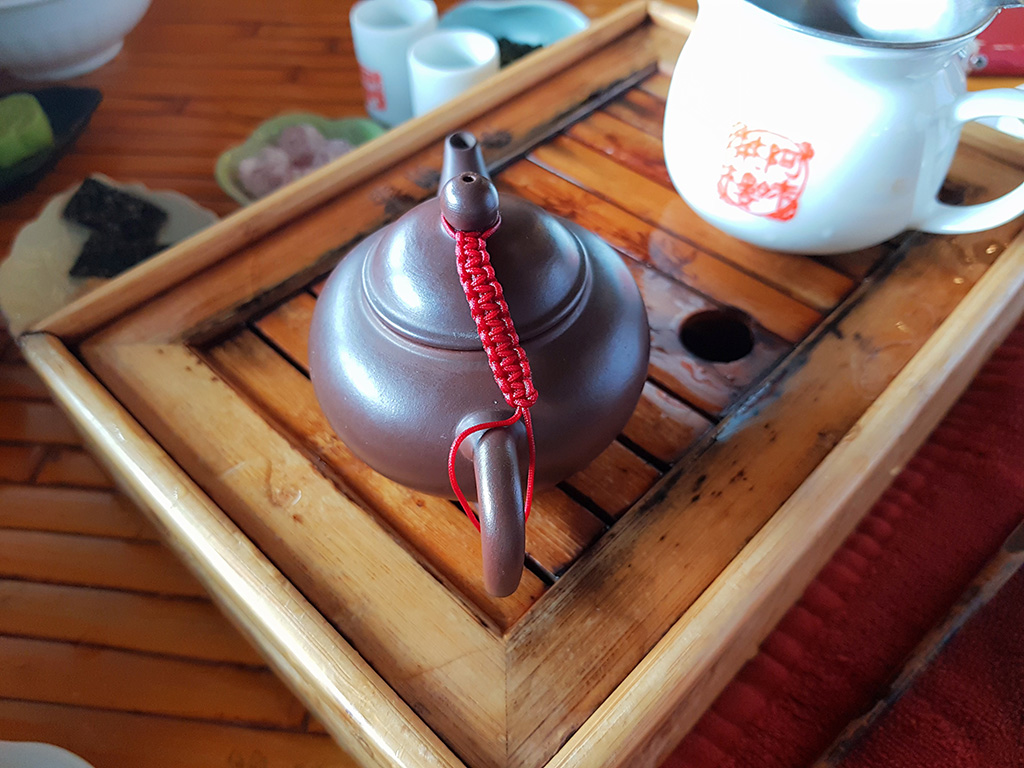
Toronto is known as one of the world’s most diverse cities, with more than half of the population identifying as part of a minority group. This meant that I could literally type in any dish from any country into Google and be able to find restaurants to eat at within minutes. When I moved to Korea, this was a drastic difference, as out of a population of 51.47 million people, there are only around 200,000 foreigners from English speaking countries (That’s about 0.4% of the population as of 2018). This meant that in most Korean cities, the majority of restaurants were Korean, with Korean language menus, and Korean style dining. In places like Seoul and Busan, you could see restaurant chains and a little more diversity in selection, but in general, the only Western style restaurant I would ever see in smaller areas was Italian food.
I was expecting to have a similar experience when visiting Taipei but even before I went I stumbled upon articles and videos that reassured me that Taiwan had a greater range of food. Once I got to Taiwan in June, I could visibly see the difference in selection, even spotting Cold Stone Creamery, an ice cream place I’ve seen in Canada! After learning more about the history of Taiwan, and that they have had interactions and influences from many different countries (such as China, Japan, and the Dutch Republic), I could understand better why there is so much selection of food. Many different cultures and countries have had an influence of Taiwanese food and even though you can still see authentic traditional Taiwanese food in the night markets, there is more of a variety of food. One thing I would recommend though, and it did help me a lot, is bringing a food allergy card translated into Traditional Chinese. After showing restaurant employees my food allergy card, they were immediately accommodating and even helped me alter menu items so that I could find something to eat.
School Systems in Korea and Taiwan
I chose to work in South Korea as an English teacher in their public school system, which meant I had a co-teacher for each grade I taught and a head co-teacher who would help me with day-to-day things and my paperwork and documents. The Korean public school system has an English program that is textbook-based and I often felt it lacked imagination, as the textbook came with a CD-rom that my co-teachers insisted I played for the kids, even though it was simply repeat-after-me exercises. I would see every class from grade 3 to 6 once a week and the rest of the week my co-teacher would be teaching them. Each co-teacher had a distinct teaching style and I had to get to know what they liked and didn’t like, what they wanted me to teach the students, and what resources they wanted me to use. This experience can be varied for other English teachers, as I had friends who taught at other schools who had co-teachers that ranged from super helpful to incredibly difficult. Overall, I ended up leaving Korea and returning to Canada to get my teaching degree because I wanted the chance to teach in my own classroom and develop my own teaching style, which I didn’t think I would be able to do in the Korean public school system.
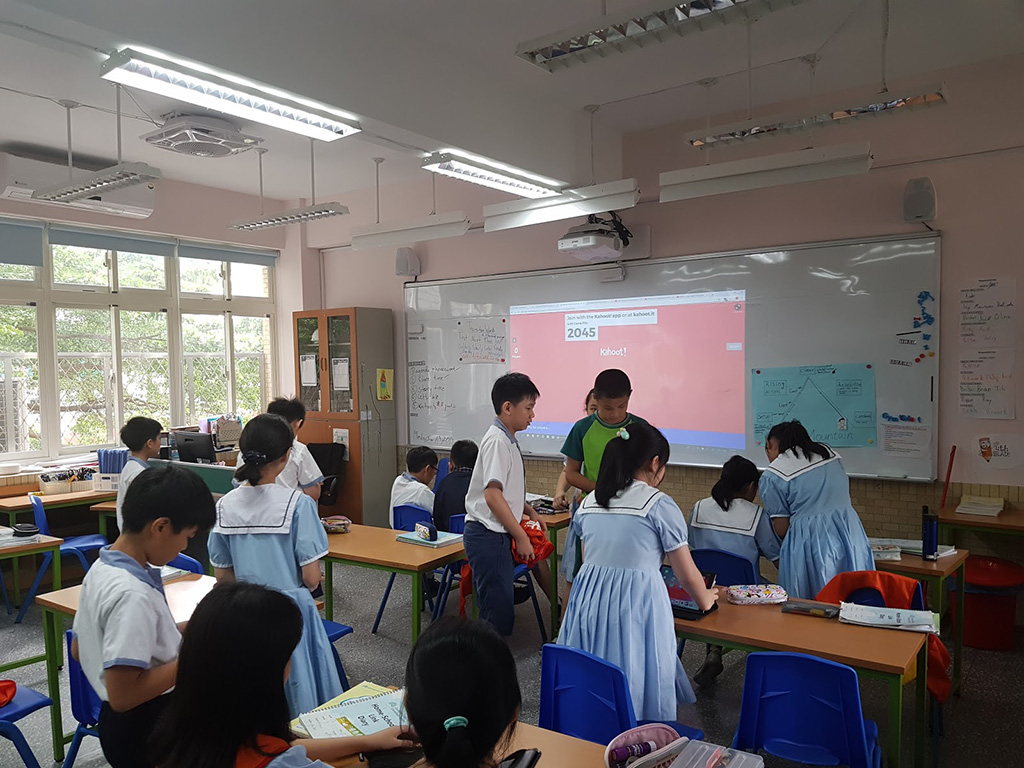
I have learned so much from my week long visit to Taiwan. I visited two schools (one in the city and one further out of the city) and both had way more resources than I could have hoped for, even if I would have stayed in Toronto and taught here. I learned that usually Foresight English teachers have their own classroom and teach Ontario-based curriculum. Both schools had extensive book collections that you could use to build your classroom library, smaller class sizes (around 20-25 kids), and access to art supplies and other materials to create word walls and teaching aids. At one school, they had Smartboards in every classroom and an iPad for each student, at the other they had projectors in each classroom and again iPads for each student. I was also happy to find out the system of support put in place for new teachers, as each teacher would have one or more grade partner teachers that they could bounce ideas off of and plan lessons with, an EA for lower grade teachers, a Lead Teacher (from an English-speaking country), and a Site Director (who is Taiwanese and can help with things like teacher/parent communication). What struck me most about visiting the schools is how personalized and unique each classroom was. Not only in the classroom, but throughout the school, I noticed student work hung up and displayed. To some of you this might seem quite normal, but because I didn’t really see that in Korean public schools, it was a pleasant surprise for me.
Cultural Differences
When I lived in Korea, people were nice but I could always feel this ‘inside-outside’ culture, as a lot of people saw me only as a foreigner who could help them with their English skills, rather than someone they could be friends with. There were also a lot of cultural factors that kept me from feeling as if I was accepted. Obviously, I was aware of these things before I moved to Korea, but that doesn’t change the feeling you get when someone tells you that you are not friends because you are a year or two younger than them. I also noticed that there was a certain standard of appearance by which one was supposed to abide (i.e. wearing certain clothing brands, having certain haircuts, doing your make-up a certain way). This translated to other parts of society, for instance, when I asked one of my colleagues why there weren’t really any colourful cars (only grey, black, and white), she said “Korean people don’t want to stand out and be noticed.'' Whether that is true or not, I can’t say for sure, but I did feel as if there was a certain need for people to get things that were known to be accepted and “in fashion.”
Through talking to teachers from Foresight and spending time with people from Taiwan, it seems like there is less of this ‘inside-outside’ culture. Taiwan’s history has seen many chapters. From Japanese rule to Chinese Nationalist fleeing to Taiwan from China, to the Democratic Prograssive Party that is in power today. Through it all Taiwanese people see themselves as Taiwanese no matter if they are Indigenous to the Island or if their ancestors are from China. Because of this mix of cultures there is a relaxed feel to their society that is more welcoming and accepting. There was also a wider variety in hairstyles and clothing, as it seemed like no one was very concerned about trying to fit in. Even only having been in Taiwan for a week, I could see myself making a group of friends with a mixture of foreigners and Taiwanese people without worrying if they were just hanging out with me to learn English.
Overall, I think it really depends on what you are looking for, culturally and personality wise. There are many factors that go into making the decision to teach abroad, not just what I have mentioned. In my opinion though, I would say that Taiwan is a very English-friendly and an easy country to settle into if it is your first time living abroad from North America.
Gillian Wall is a recent teacher education graduate from Nipissing University in Ontario, Canada, and the winner of Foresight I.E.C.'s 2019 Free Trip to Taipei Contest. We are happy to be welcoming Gillian to join our team as a full-time ESL teacher in Taiwan for the 2019-2020 school year.


